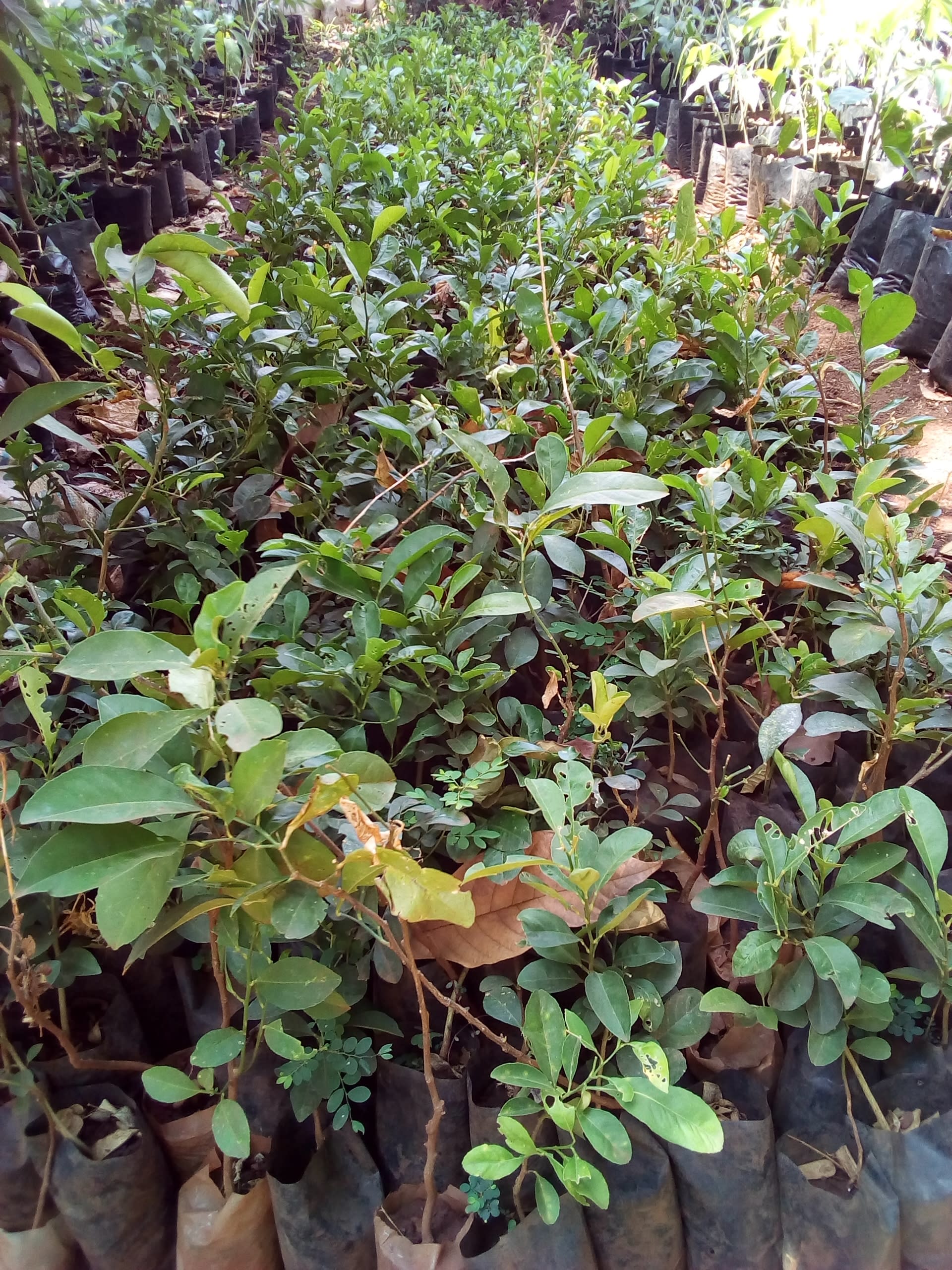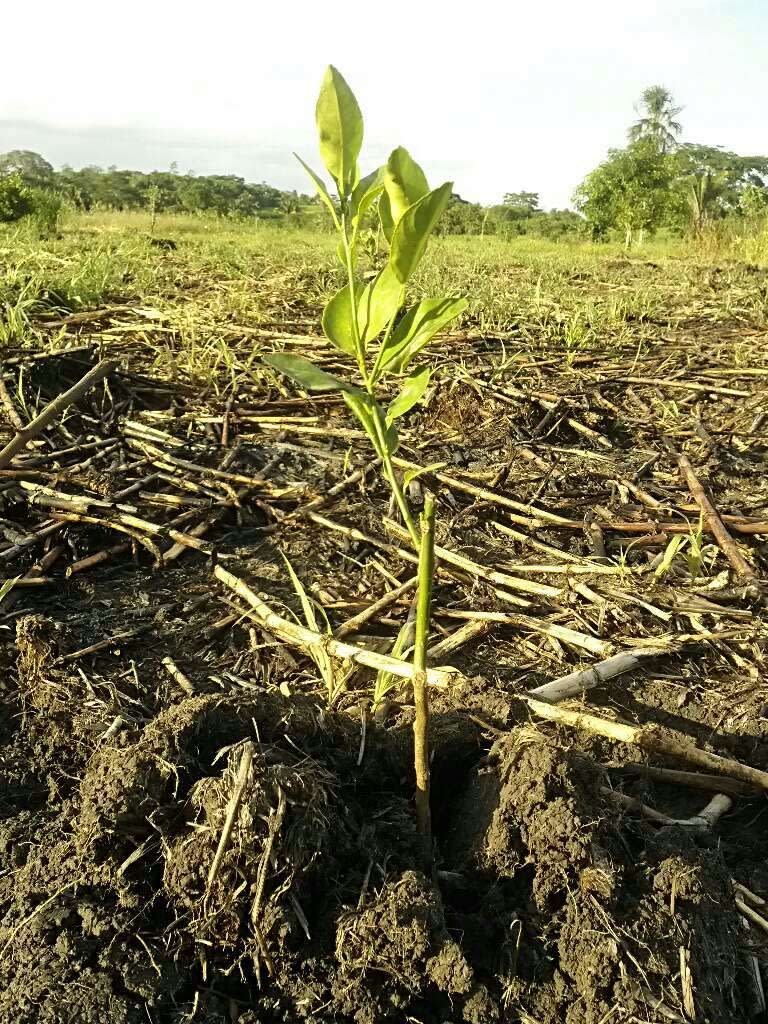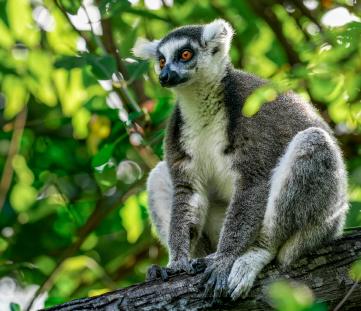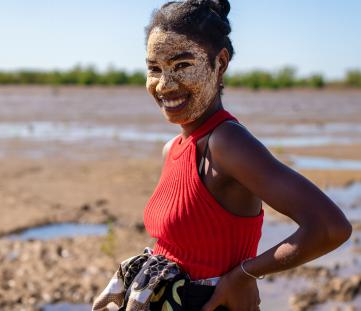ID: ZZJ-XE9
ID: ZZJ-XE9
Lime
Citrus latifolia
Photo
Guatemala
00:11 - 20°C
My connections
My ID card
Who am I?
Date of birth
11/06/2020
Name
Lime
Tree
Lime
Where am I located?
Country
Guatemala
Place of birth
Santa Ana
Coordinates
16° 40′ 15.63″ N
89° 45′ 0.93″ W
/-89.750259192874,16.671007195884,0/500x333@2x?access_token=pk.eyJ1IjoidG9tbWFzb3NwZXJvbmkiLCJhIjoiY2tnOTE3eW12MDJqazMybXNzOWV1YjloOSJ9.wtGsuDU7XIKjcv2cq8CiXw&logo=false&attribution=false)
My Timeline
The important moments in your tree's life.
Seed
It all starts with a tiny seed, nice and warm in the soil.
Nursery
Your seedling is big enough to be welcomed into one of our nurseries, along with many others.
Planted
We’re here! Your tree has reached its new home: it’s been planted by a smallholder, who’ll take care of it for years to come.
Photo
Strike a pose! Now that it’s big enough, here’s a photo of your tree!
My Gallery
Nursery

Planted
/-89.750259192874,16.671007195884,0/500x333@2x?access_token=pk.eyJ1IjoidG9tbWFzb3NwZXJvbmkiLCJhIjoiY2tnOTE3eW12MDJqazMybXNzOWV1YjloOSJ9.wtGsuDU7XIKjcv2cq8CiXw&logo=false&attribution=false)
89° 45′ 0.93″ W
Photo

Curiosity about me
The important moments in your tree's life.
Let's start with introductions
A Lime tree grows up to a maximum of 4-5 meters tall, mainly in tropical areas. Its fruits are almost spherical in shape, green or yellow. Normally it produces fruit all year round and, where it finds ideal conditions, an adult tree can produce up to a thousand fruits in the space of 12 months.
Meaning
Openness
Lime tends to hybridize easily with other citrus species. Known hybrids include Lemonimes (derived from Lime and Lemon) or Limequats (a hybrid between Lime and Kumquat).

How much CO2 I’ll absorb
My estimated CO2 absorption capacity is based on the first 10 years of my life*
Current absorption
- 20 kg
2020
0 kg
2030
-50 kg
* The tree will continue to absorb CO2 even after the tenth year. Therefore this is a prudent estimate.
How I am useful to local communities

Consumption and sales
Its fruits, seeds and/or leaves are used as food in the farmers' families or are sold on local markets.

Biodiversity
It helps restocking various animal species, thus helping the variety of fauna and flora overall.

Cosmetics
Raw materials are extracted from its flowers, fruits and/or leaves to produce creams or powders.
My benefits
80%
Food Security
The trees will bear fruits, some that will be edible immediately and others that can become edible through processing, ensuring food resources over time.
70%
Economic development
The trees' fruits and the products derived from their transformation can be traded in local networks, offering income opportunities.
30%
CO₂ Absorption
During its life cycle, each tree will absorb CO₂. The trees you plant can offset your emissions.
40%
Environmental protection
The trees are planted in agroforestry systems that favor the virtuous interaction between the different species and their positive impact on the environment and on the land.